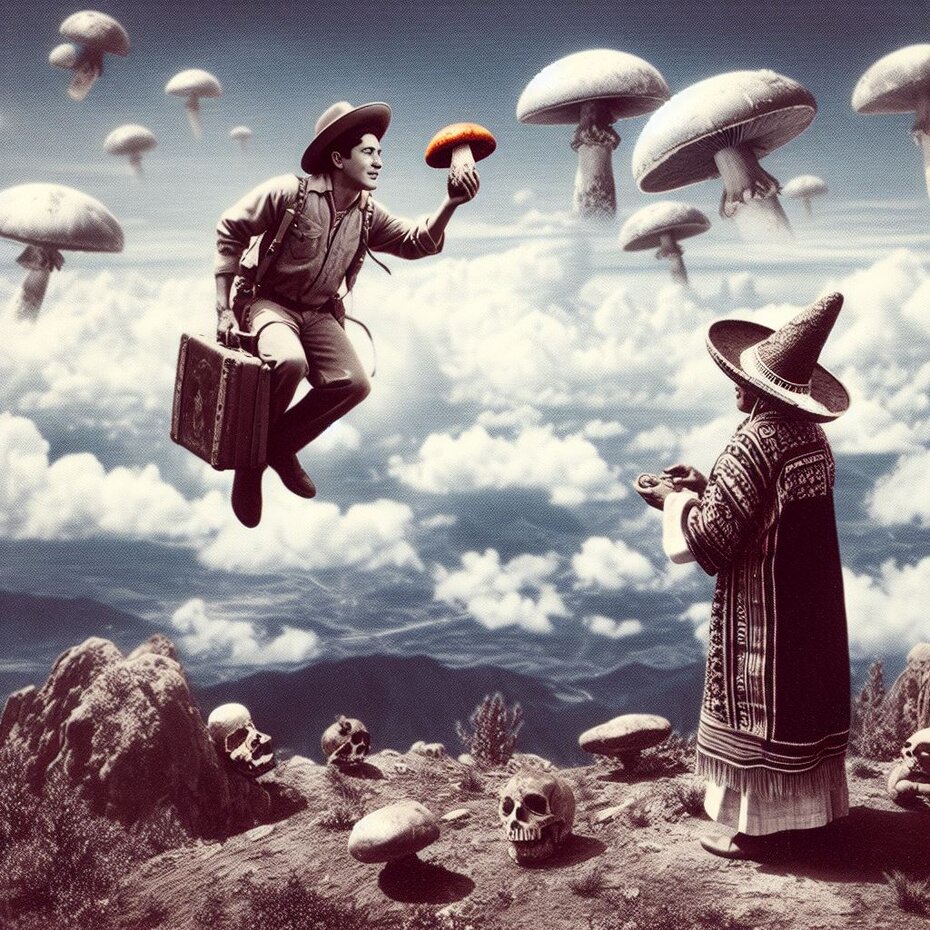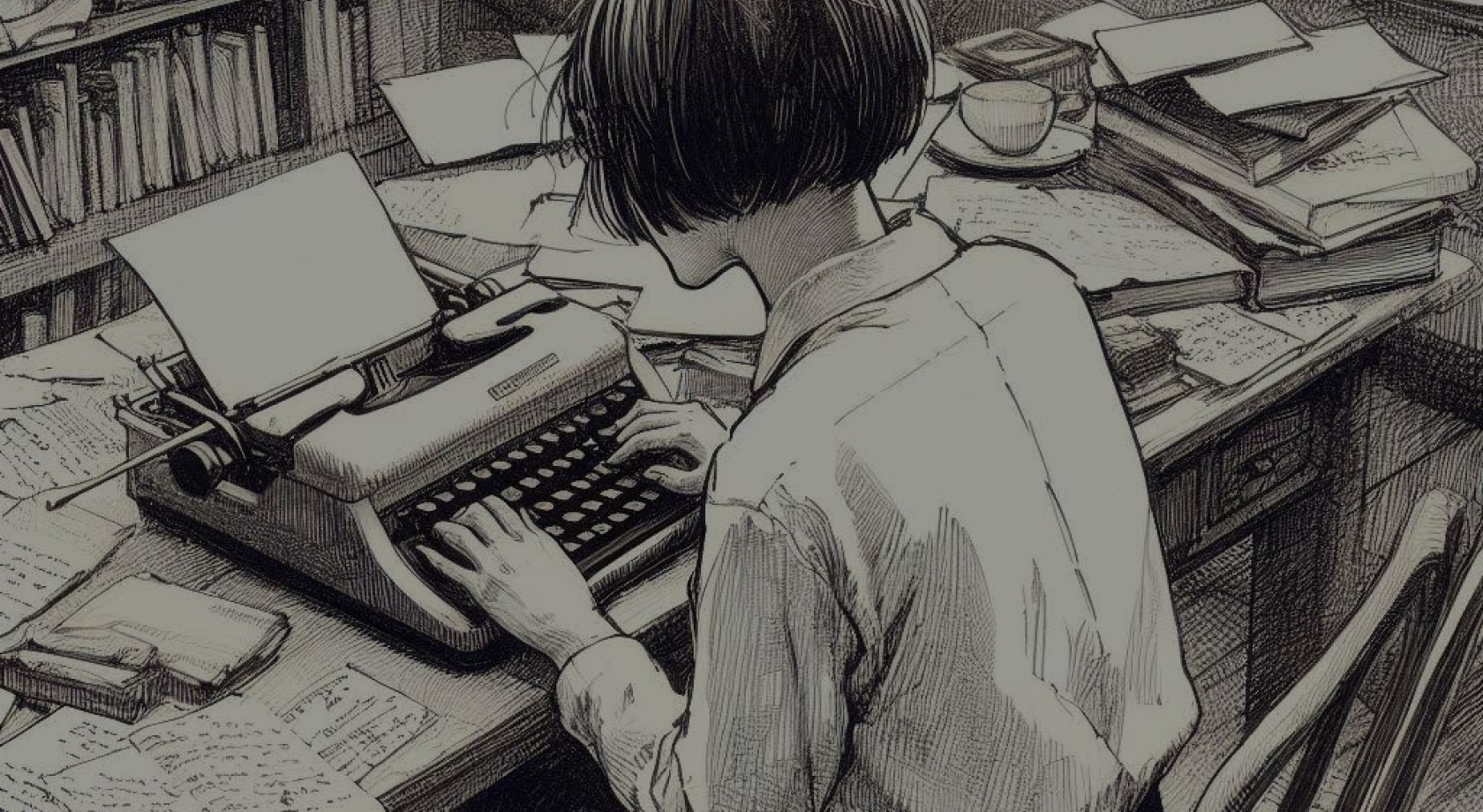Revisiting Castañeda's work 40 years later

I'm re-reading "The Teachings of Don Juan - a Yaqui way of knowledge" by Carlos Castañeda, a book I read and loved about 40 years ago. I don't usually read the same book twice, or re-watch a movie I've already seen and liked, because I know the chance of being disappointed is great. When I love a work, it's often a sign that it reflects the moment I'm living in. Although I still want to believe in the psychedelic experiences reported by Castañeda in his book, I'm living in a different period of my life, and the style of the book leaves something to be desired. This time, I felt a little let down by the book, as I think the subject matter deserved more careful editing.
After reading the first half of the book and coming to the conclusion that the main character, the shaman Don Juan, is described in a superficial way, I went to consult the comments about the book and the author on the internet. I was stunned by what I found. Biographers who have studied the writer's life, as well as his ex-wife Margaret Runyan, guarantee that the work is pure fiction and has serious inconsistencies with Castañeda's biography. Despite this, his book revolutionized anthropological studies and the author ended up receiving a doctorate for the stories that make up his first three books, although he never proved these stories on the basis of photos, field notes or recordings.
When Castañeda became a famous writer, he told a Time magazine journalist that he had been born into a noble family in São Paulo on Christmas Day, but it is now known that he was Peruvian. The lies and obscure facts of his book and his life didn't stop him from becoming a millionaire, a friend of influential personalities of his time and a source of inspiration for various characters in film and literature. He wrote a total of 13 books which sold around 27 million copies.
The strange irony of the current moment in my life is that I'm reading "The teachings of Don Juan" at the same time as planning my vacation. While I suffer with the price of airline tickets and the difficulty of getting a seat on the flights that suit me, I read about Castañeda's hallucinogenic experiences with peyote, datura and mushrooms, and I envy his solitary night flights across the Mexican desert. It would be so nice to be able to fly with my own wings!
Just as happened to me 40 years ago, many people have fallen in love with Castañeda's work. One of the most famous movie characters, Master Yoda from Star Wars, was inspired by the shaman Don Juan, as George Lucas confessed. It is also said that Federico Fellini abandoned a film shoot to travel with Castaneda through the USA and Mexico, and that Castañeda was close friends with Queen Sofia, the López Portillo presidential family of Mexico, and the illusionist Uri Geller. In addition to these famous admirers, a legion of followers invaded the Sonora desert in Mexico in search of psychedelic experiences similar to Castañeda's at the time of his publishing success.
However, today, 25 years after his death, it is known that not everything in his life was flowers. After the writer's death, author Amy Wallace published in her book an account of the 20 years in which she shared life with Castañeda as a follower of the cult he created. Her account is full of bizarre rituals and stories of sexual and moral abuse practiced by Castañeda in his mature phase, when he revealed himself to be an authoritarian leader against his female followers. Immediately after his death at the age of 75, five of his closest female followers committed suicide. The story is controversial and spicy, exposing his books to serious questioning and contributing to the fact that the blind love we devoted to his work in our youth is yet another of those youthful relationships in which we were betrayed in our naivety.
Translated with DeepL.com (free version)
Voltar
